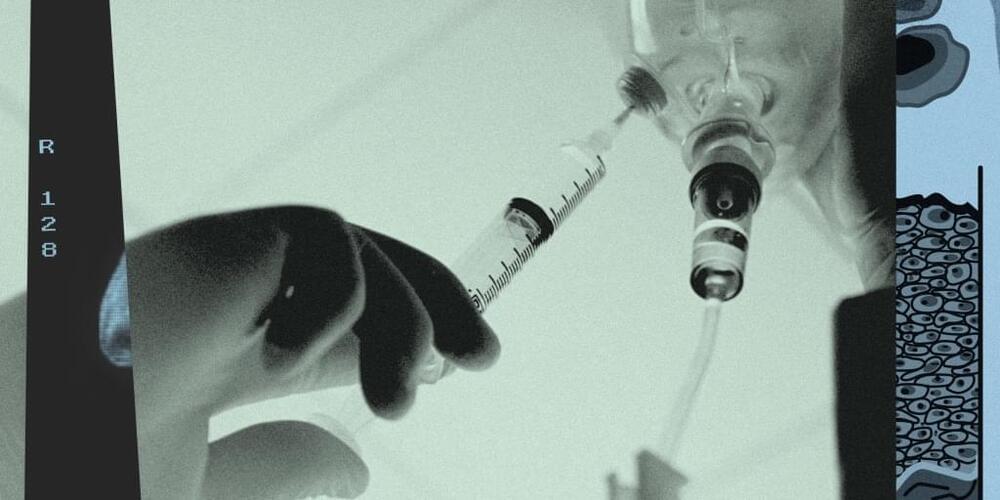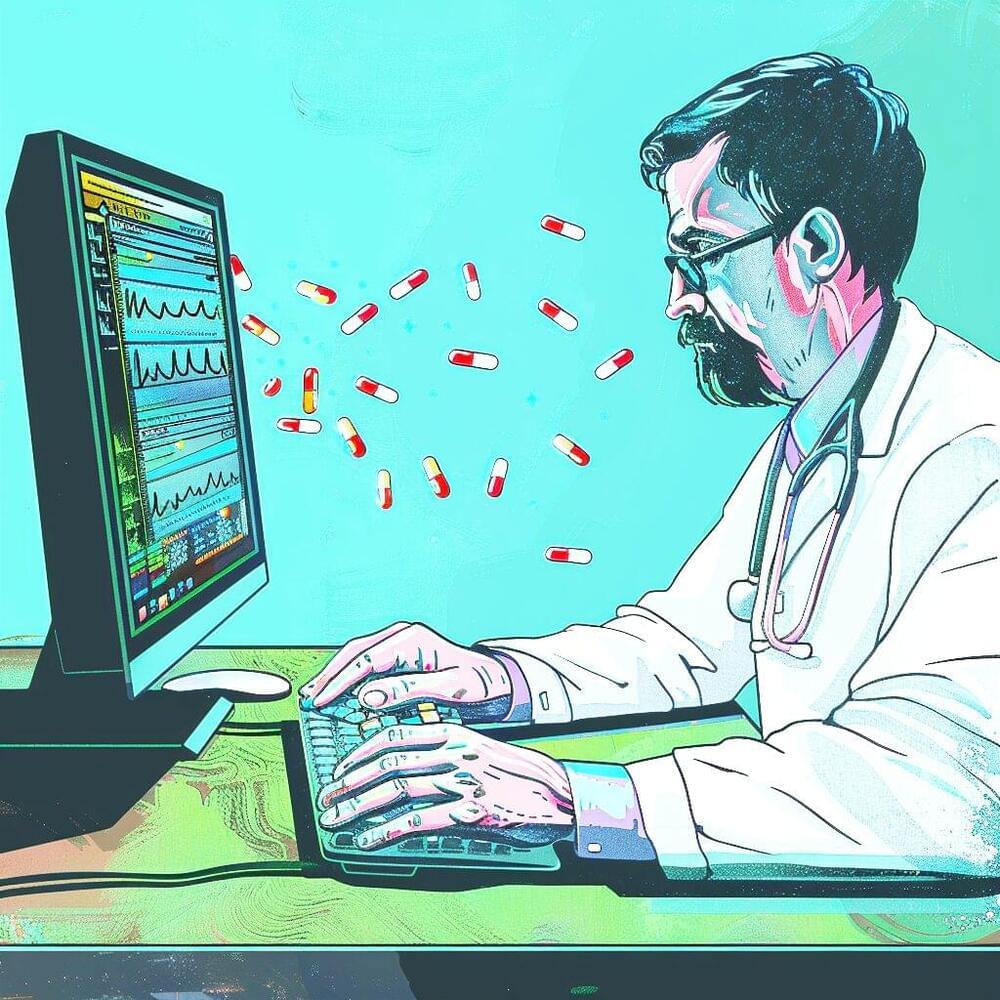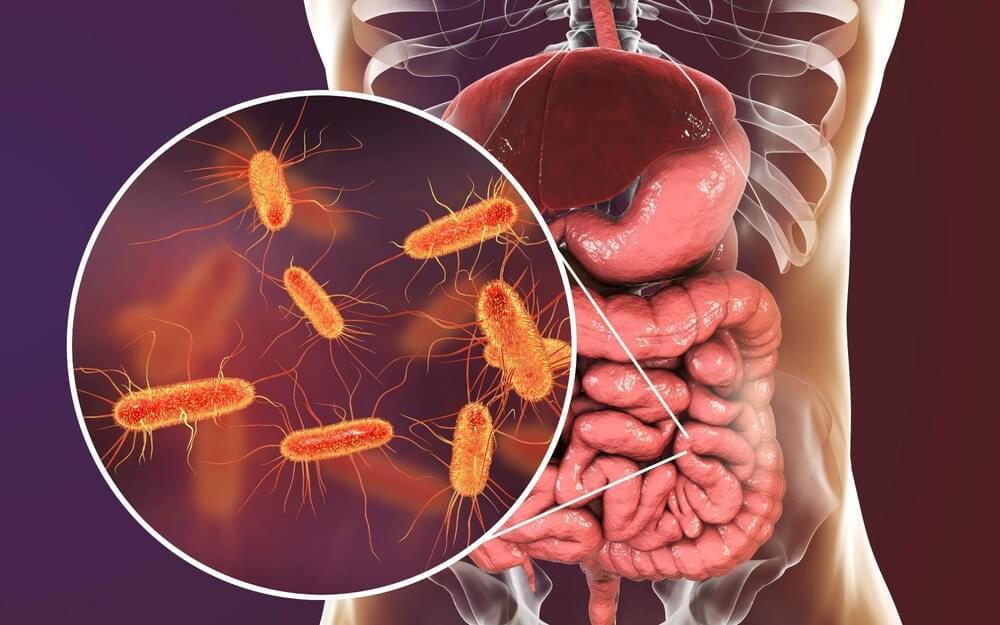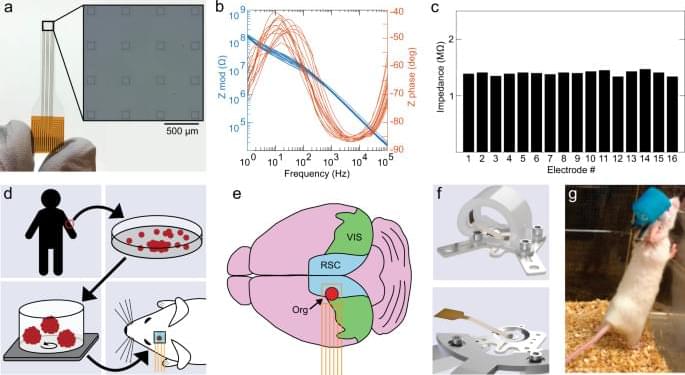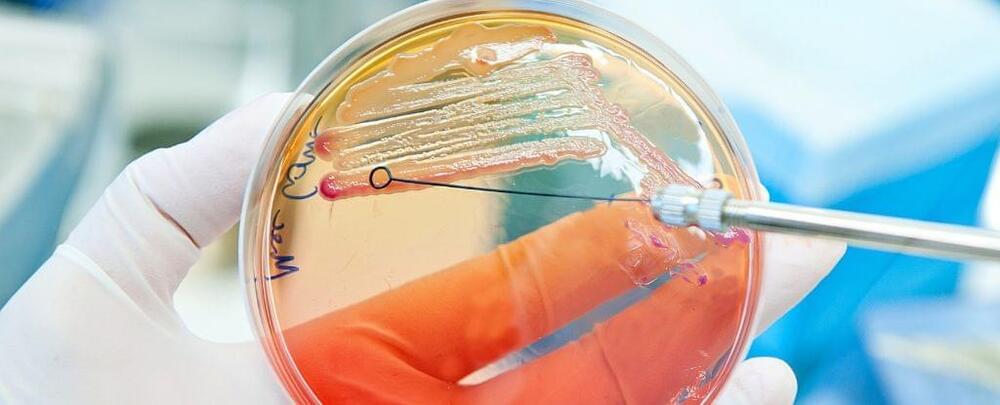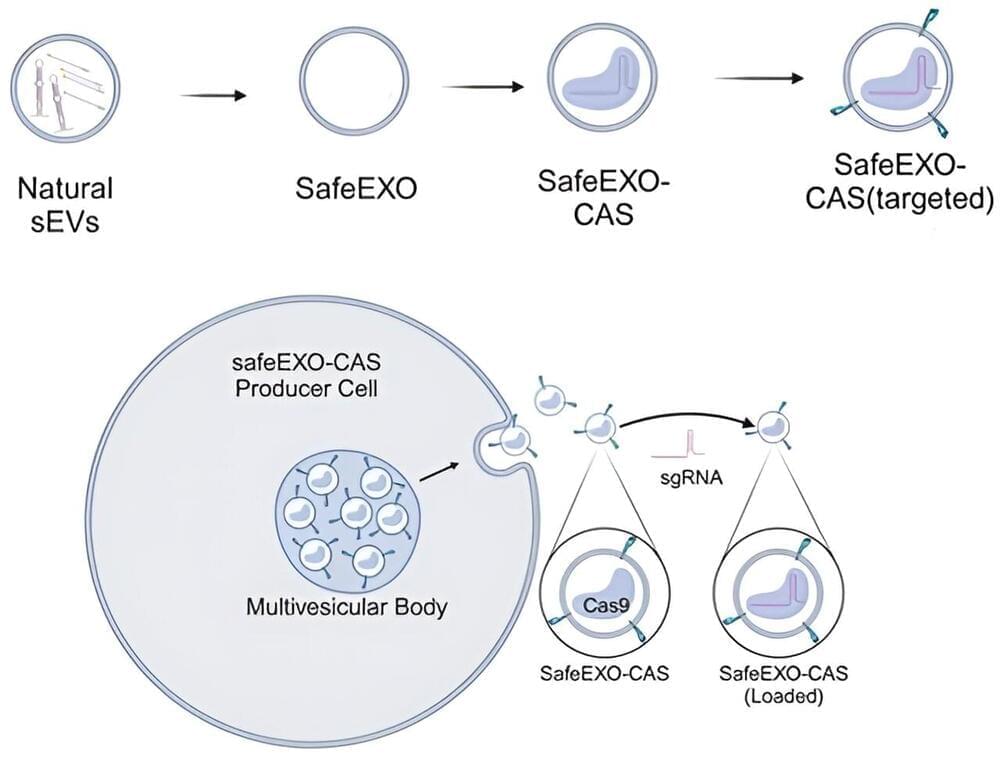
Many people associate aging with a decline in cognitive function, health issues, and reduced activity. Uncovering mental processes that can boost the well-being of the older adults could be highly beneficial, as it could help to devise more effective activities aimed at improving their quality of life.
Researchers at University of Brescia and the Catholic University of the Sacred Heart recently carried out a study investigating the contribution of creativity and humor to the well-being of the elderly. Their findings, published in Neuroscience Letters, show that these two distinct human experiences share common psychological and neurobiological processes that promote well-being in older adults.
“Our recent study belongs to a line of research aimed at investigating the cognitive resources which are still available to elderly people and at understanding how such resources can support well-being,” Alessandro Antonietti, co-author of the paper, told Medical Xpress.
